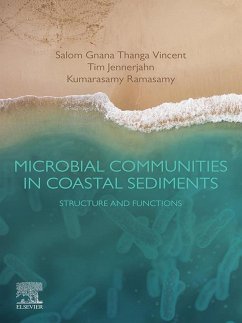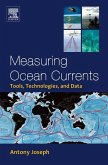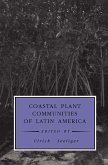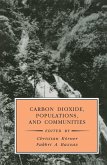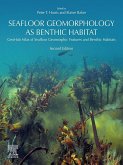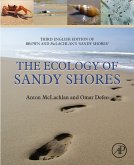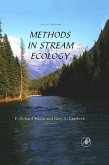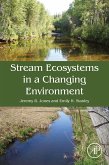Microbial Communities in Coastal Sediments presents twenty years of coastal microbiology research, grounding it as a vital development in the field of microbial ecology. It is the first book to focus exclusively on the complex microbial ecology and its function in rest of the marine environment. The book outlines the structure, function, and assessment of microbial communities in marine sediments while exploring practical methods of assessment. It is an invaluable resource to aquatic microbiologists, marine ecologists, marine microbiologists, aquatic researchers, and graduate students in this field.
Microbial Communities in Coastal Sediments begins with an examination of nutrient sources in the coastal context with a focus on organic matter inputs. The quantity and quality of organic matter in coastal sediments and their impacts on the composition and formation of microbial communities is discussed. The book explores the consequences of anthropogenic changes and human activity on microbial ecology and nutrient cycling. Sections on nutrient availability, green house gas production and biodegradation of persistent organic pollutants provide essential details. Molecular research techniques and methods for assessing microbial community structure and function in coastal sediments are also covered.
- Explores the interplay of physicochemical and biological features of coastal ecosystems on microbial community composition to provide a template of comparison for field research
- Includes unique figures, schematic diagrams and photographs related to microbial processes of coastal ecosystem to clearly represent different aspects of microbial structure and functions
- Provides analytical methods and detailed molecular techniques for qualitative and quantitative analyses of microbial community structure
Dieser Download kann aus rechtlichen Gründen nur mit Rechnungsadresse in A, B, BG, CY, CZ, D, DK, EW, E, FIN, F, GR, HR, H, IRL, I, LT, L, LR, M, NL, PL, P, R, S, SLO, SK ausgeliefert werden.

